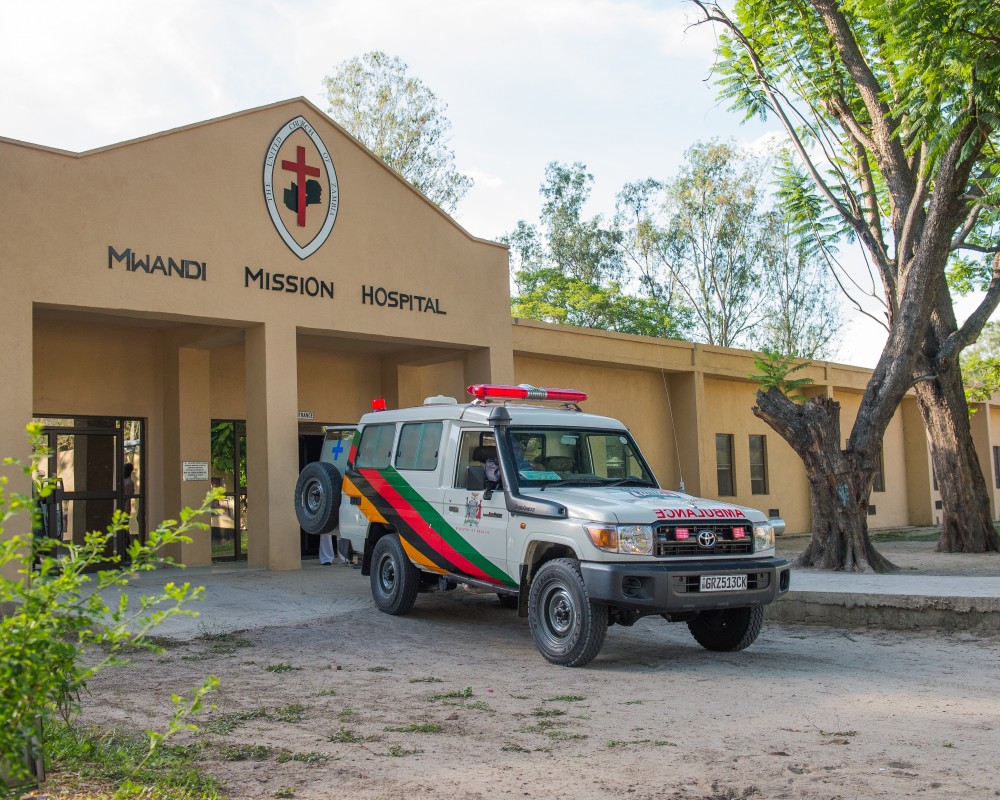By Claire Sibold ’20
I can’t believe I’ve been working in this role for almost five months now. When I started working at Winship Cancer Institute back in August, everything felt so foreign; it was hard to believe that I would be overseeing an ethics research project for a full year, writing papers that would be submitted for publication, and collaborating with such impressive people at Winship. Five months later, I still find myself in awe that I’m lucky enough to have had these unique experiences become familiar and part of my everyday routine. As I reflect on my time thus far, one theme that has emerged as central to all of the interesting projects we’ve worked on, which is the multiple layers and voices that work together to achieve one overarching goal: improving the patient experience.
This theme became apparent based on how many Oncologists, nurses, and other healthcare providers cared about our ethics projects. It’s been an amazing opportunity to work with healthcare professionals in such a collaborative manner and to see how engaged they are in our ethics projects, hoping to contribute in any way to improving the patient experience. It’s encouraging to see the value that’s placed on the patient voice at all levels of care at Winship–a philosophy I will strive to embody as I work towards becoming a physician. I’m so grateful for the time remaining in the fellowship to continue these meaningful and eye-opening collaborations.
Additionally, I have also been amazed at patient willingness to participant in ethics studies that may help a patient have a better experience in the future. As my main project, I’ve been interviewing patients enrolled on clinical trials for treatments that have never been tested in humans before. We are interviewing patients to get their input on how to structure these informed consent forms so the information is accessible and understandable for the patients as they consider enrolling in the trials. I have loved being a part of this project because I feel it represents Winship’s commitment to quality patient care: that it starts with informed consent, even before the patient has started treatment. This has made me aware of just how multi-layered and collaborative healthcare improvements are. I continue to be inspired by such encounters, and look forward to continuing to engage with patients and providers as we all strive to improve their cancer care from different angles.



























